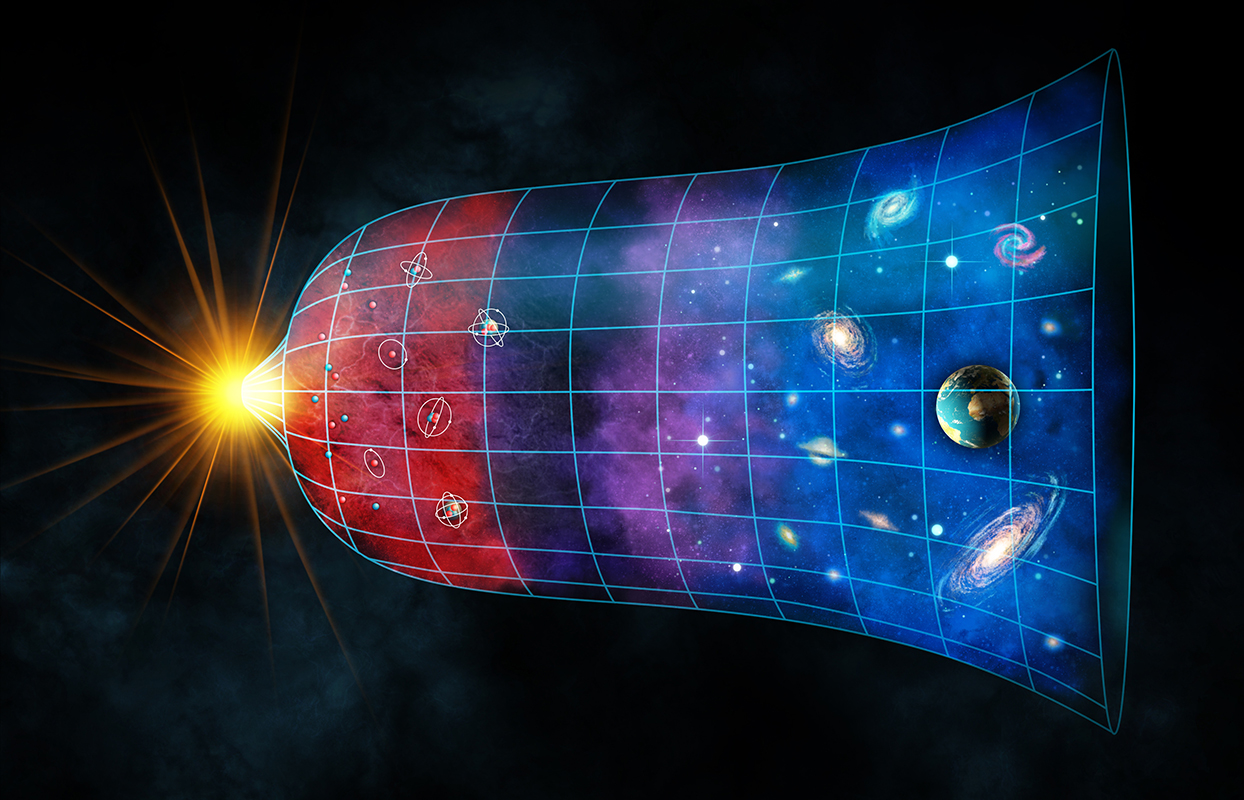Is it possible to fire a gun in space? What would happen if you did?
Theoretically speaking, would it be possible to shoot a gun in space? If so what would happen if you did?
This might seem like a trivial question, but in answering it we can define some of the properties of ‘space’ and the physics involved in such an action.
In the vacuum of space there is no oxygen with which things can burn.
However, bullets contain their own oxidiser that provides the oxygen required for combustion.
So, firearms would work perfectly well in the vacuum of space, meaning in theory you could shoot a gun in space, although there is no record of anyone attempting the experiment!
Shooting a gun on Earth vs space
You would notice a few differences, firing a gun in space as opposed to on Earth.
Firstly, the discharge will be completely silent in the vacuum of space, although you will still ‘feel’ the discharge through your arm.
As described by Newton’s third law, the bullet will impart an equal and opposite force to you (since you’re holding the gun), so you’ begin to move in the opposite direction to the bullet.
You might gain a speed of a few centimetres per second, but just like the bullet, you would continue in this motion forever (see ‘Shooting a bullet in an expanding Universe‘ below).
On Earth, a bullet fired horizontally from a typical handgun (at a height of 1.5m) would travel for about 0.55 seconds before hitting the ground – due to gravity.
In that time it may cover a horizontal distance of 500m or so, or much further for high-powered firearms.

Although air resistance has a significant effect on the bullet, gravity will always pull the bullet back to Earth rapidly.
Even fired straight up, a typical bullet will return to Earth in less than a minute.
In space, of course, there is almost no air resistance or gravity to affect a bullet shot from a gun.
So, a bullet retains its initial speed for much longer and will keep travelling until it either hits something or runs out of energy.
A bullet fired in space will lose energy as it encounters the few atoms per cubic centimetre along its path, gradually slowing it down.
Perhaps this should be called ‘space resistance’ rather than ‘air resistance’.
Shooting a bullet in an expanding Universe

In a static (non-expanding) Universe a bullet fired in space may travel for perhaps 10 million lightyears before losing all its energy, but at an initial speed of 1,000 m/s this would take about 300 billion years; more than 20 times the current age of the Universe!
However, the Universe is not static; it is expanding. As the Universe expands the space between those few atoms is getting bigger.
The bullet, travelling so much slower than the expansion of the Universe, will be easily outrun by those atoms.
Matter only 40,000 to 50,000 lightyears from the bullet will be receding faster than the bullet is moving.
So, the bullet can never encounter enough matter to be slowed down completely. It will continue to move forever.
Is a bullet fired in space in danger of hitting something?

If you were to shoot a gun in space, wouldn’t the bullet eventually hit something? Unlikely. Space is almost entirely just that; empty space.
For example, researchers have calculated that NASA’s Voyager 1 and 2 probes, which are now heading out of the Solar System, will encounter another star once in perhaps 5 billion years, on average.
If you shot your bullet into space in a random direction (i.e. you aren’t deliberately aiming at the Sun, for example), then it will almost certainly continue to move forever without ever encountering another object, slowing down, or altering trajectory.